From R&D to Quality Control (QC): Developing QC-Friendly Analytical Methods
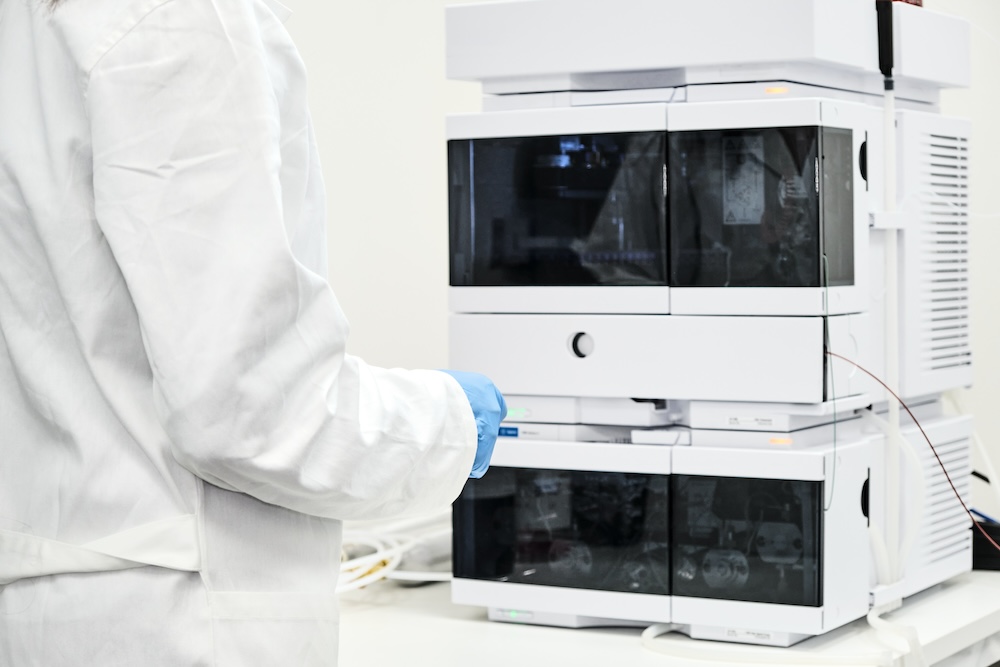
Quality control is an integral part of the drug development process, and the quality of analysis can make a difference in a drug product’s safety and efficacy. QC-friendly analytical methods are simple to operate and require minimum sample preparation. They are robust, reliable, and efficient for routine analytical tests. Furthermore, the analytical tests run by […]
Phase-Appropriate Validation: How Tailored Approaches Support Cost-Effective Drug Development
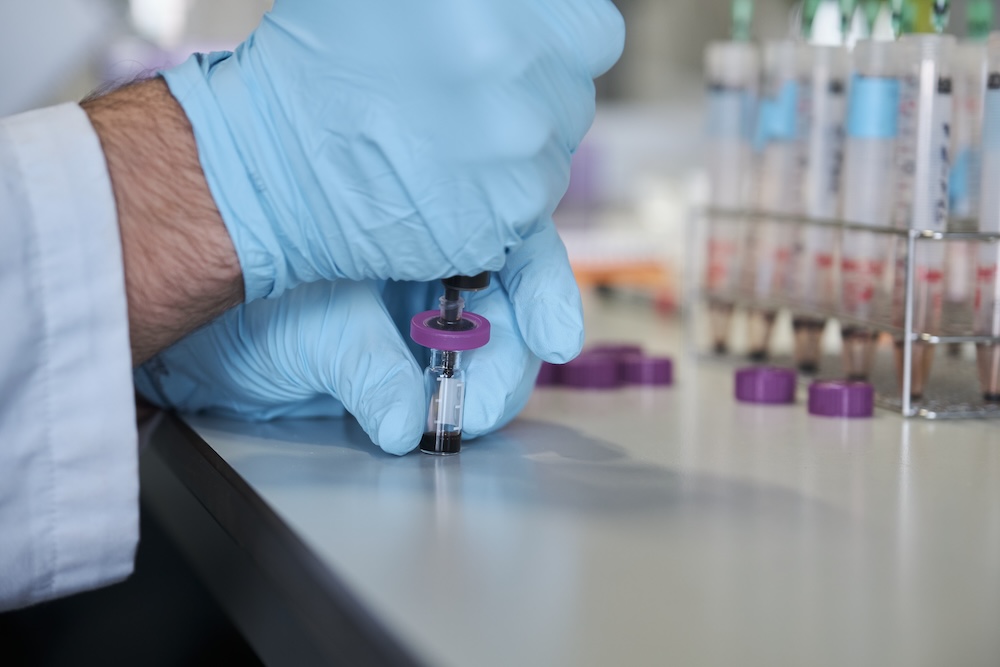
Drug development is a complex and highly regulated process that necessitates ongoing validation to ensure drug product safety and efficacy. A phase appropriate method validation technique is applied at each step of drug development; with flexibility being provided in the initial stages where the methods can change. As the phases advance toward clinical use, strict […]
Non-Clinical (animal) IND Enabling Studies: What You Need to Know
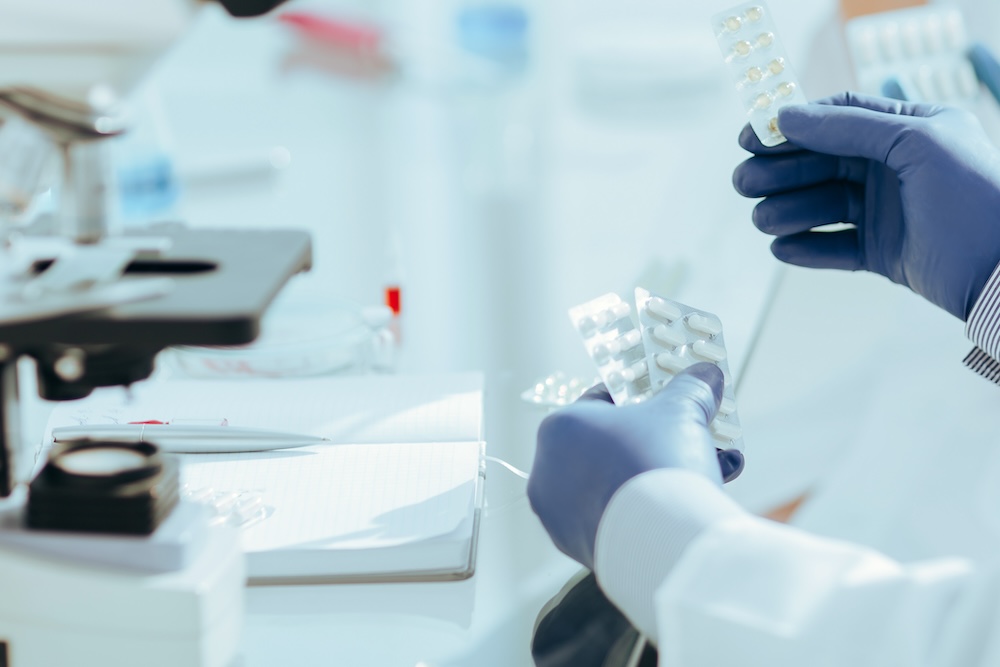
In drug development, IND enabling studies serve as a vital link between drug discovery research and the start of human clinical trials. These studies are used to compile evidence which shows a New Chemical Entity (NCE) is safe and effective before it is tested on people. Generally, they are also needed for 505(b)(2) product development, especially when a […]
Key Pharmacokinetic Factors in Semi Solid Topical Medication Development
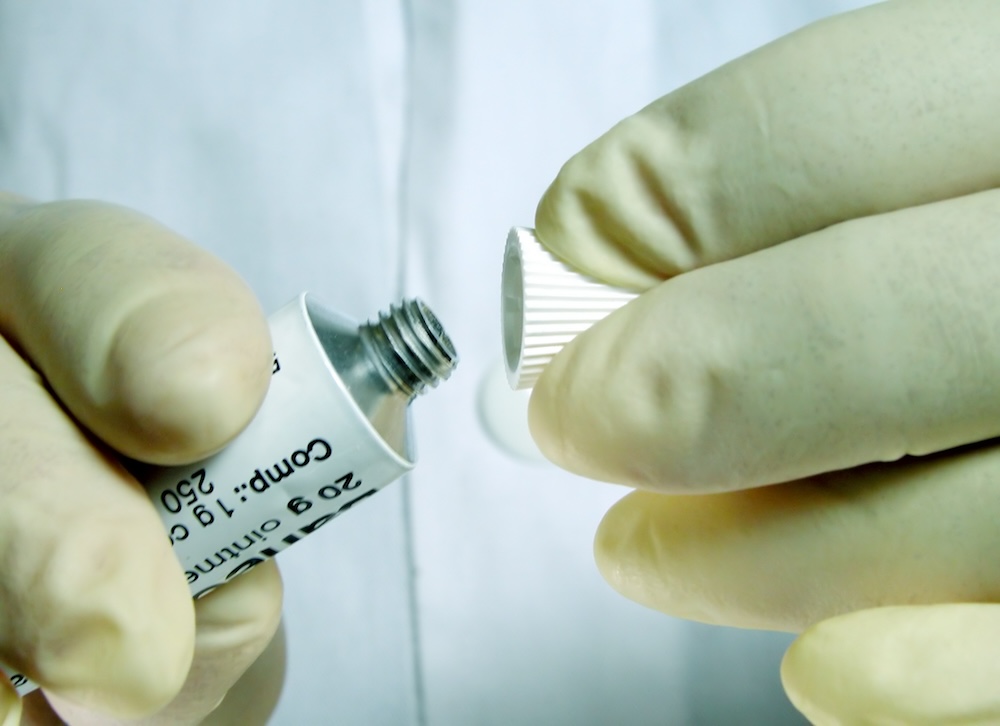
Topical drug products, which are typically semi solid dosage forms, are designed to deliver active ingredient on the skin or mucous membranes, primarily intended for topical application and to exert local therapeutic effects. Topical drug products are available in the market in the form of creams, gels, ointments, and patches. Recently in the world of […]
Clinical Manufacturing Explained: How CDMOs Support the Development of FDA-Approved Trial Materials

The development of clinical trial material (CTM) is a critical phase in the pharmaceutical industry, especially in preparation for human clinical trials. Whether it’s an active pharmaceutical ingredient (API), placebo, or comparator drug, these materials must meet stringent FDA requirements to ensure patient safety and trial efficacy. Contract Development and Manufacturing Organizations (CDMOs) are key […]
NDA vs. ANDA: A Comprehensive Guide to Key Differences, Processes, and Regulatory Requirements
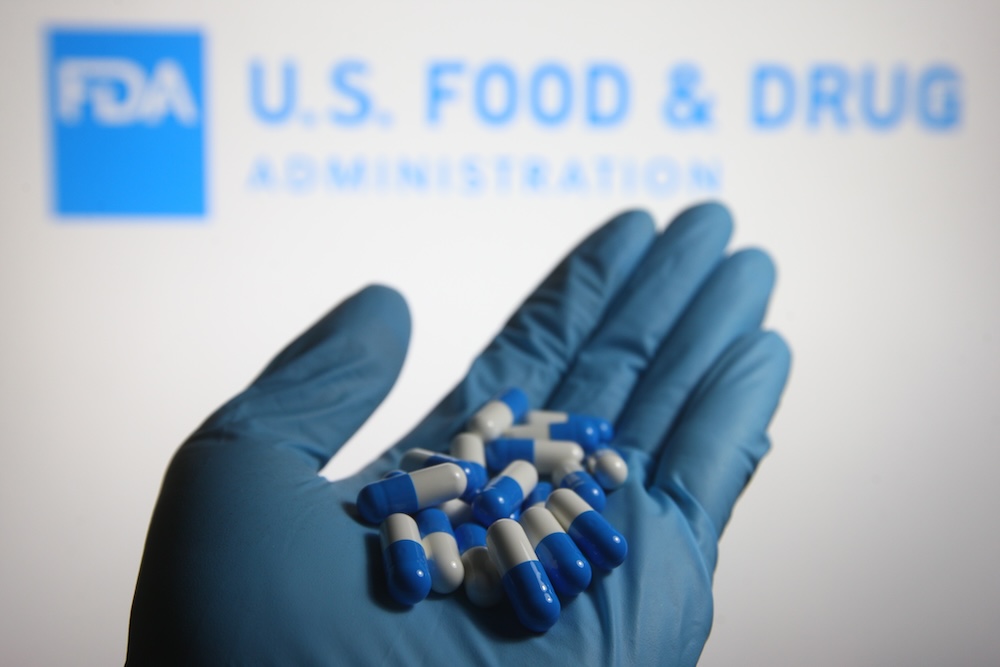
A New Drug Application (NDA) and an Abbreviated New Drug Application (ANDA) are the two main pathways for getting drugs approved in the United States. For pharmaceutical companies, grasping the difference between NDA and ANDA is crucial for making smart product decisions. NDAs are intended for new drugs and require detailed clinical data to prove […]
Stability Chambers: Testing Methods, Essential Equipment, and Applications
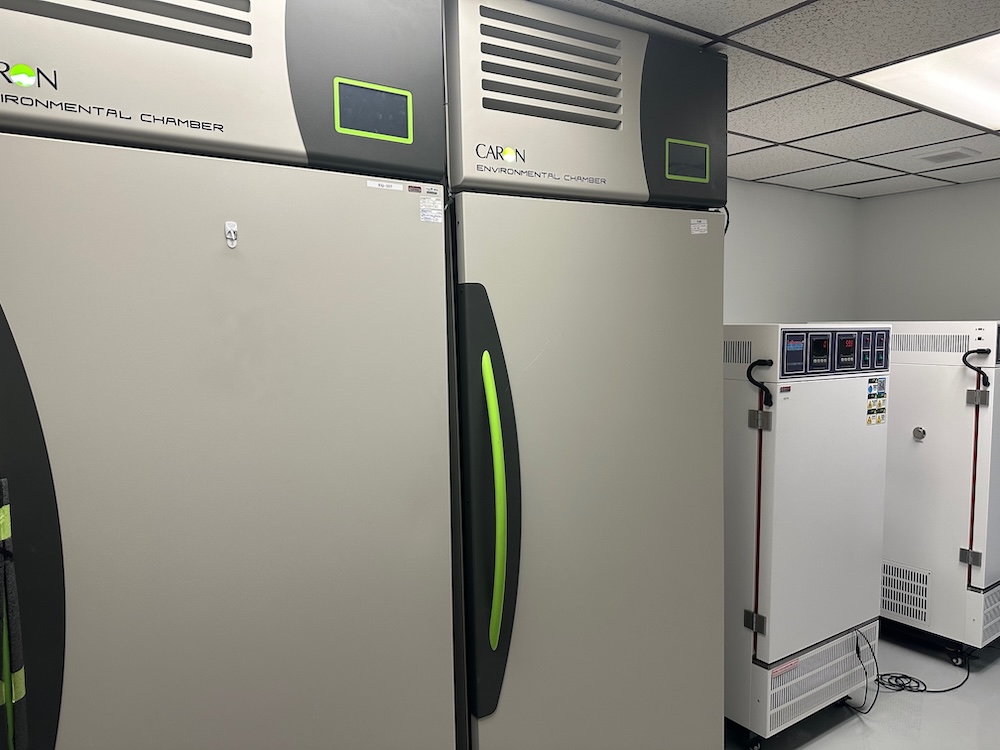
Stability chambers are a must-have in pharmaceutical research and development. These chambers simulate precise environmental conditions to test the stability of drugs and other products in different settings. Here’s a closer look at the various testing methods used, the essential equipment involved, and how these chambers help maintain product quality and consistency in the pharmaceutical […]
Top 7 Questions for Small Pharma and Pharmaceutical Startups to Ask When Choosing the Right CDMO Partner
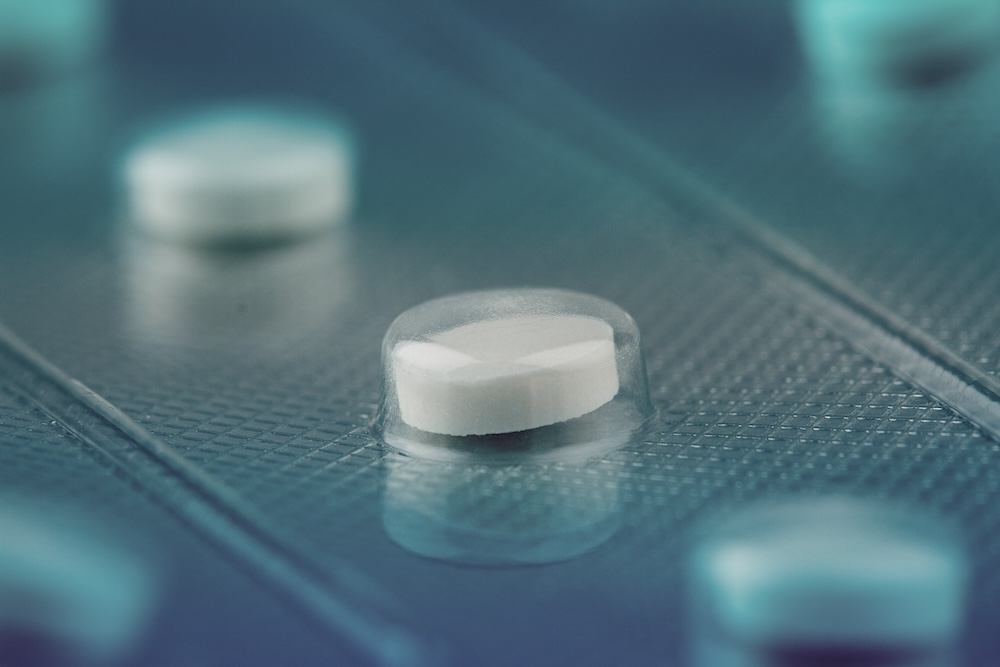
Most pharma companies use contract development and manufacturing organizations (CDMOs) for drug development, to manufacture clinical trial material, or as part of their drug product supply chain during commercial manufacturing. But what do you need to consider when choosing the right CDMO for you? Nuance in the Details Choosing the wrong CDMO can lead to […]
Semi-Solid and Semi-Liquid Dosage Forms
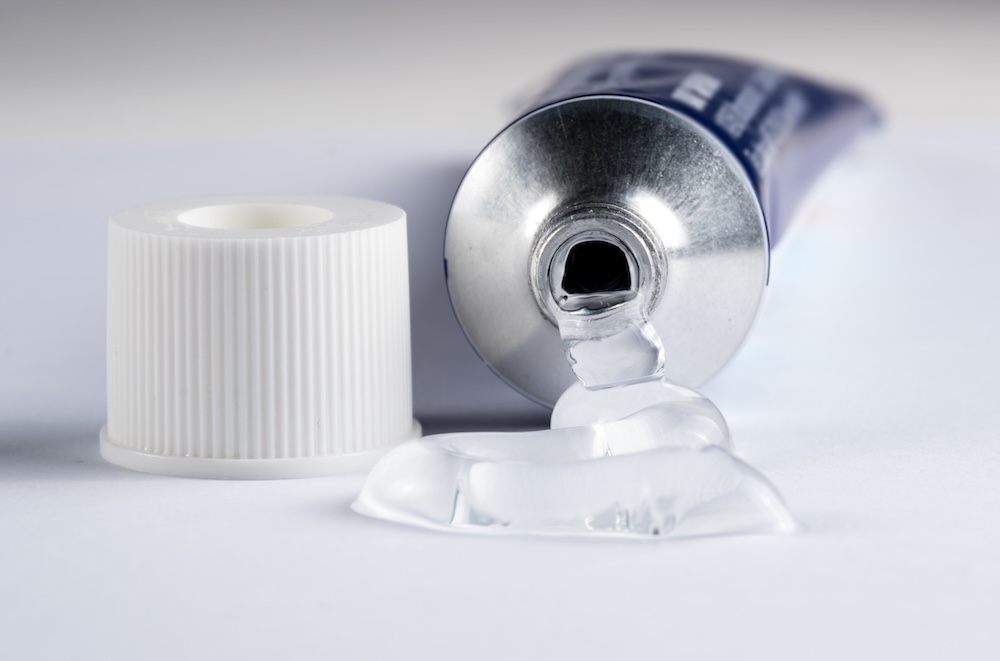
Semi-solid and semi-liquid dosage forms are key pharmaceutical preparations that provide unique benefits for drug delivery. These formulations fall between the extremes of solids and liquids, combining properties of both states. They’re designed for external use, making it easy to deliver active pharmaceutical ingredients (APIs) right where they’re needed—on the skin or mucosal membranes. Types […]
The Critical Role of Formulation Development in Product Success
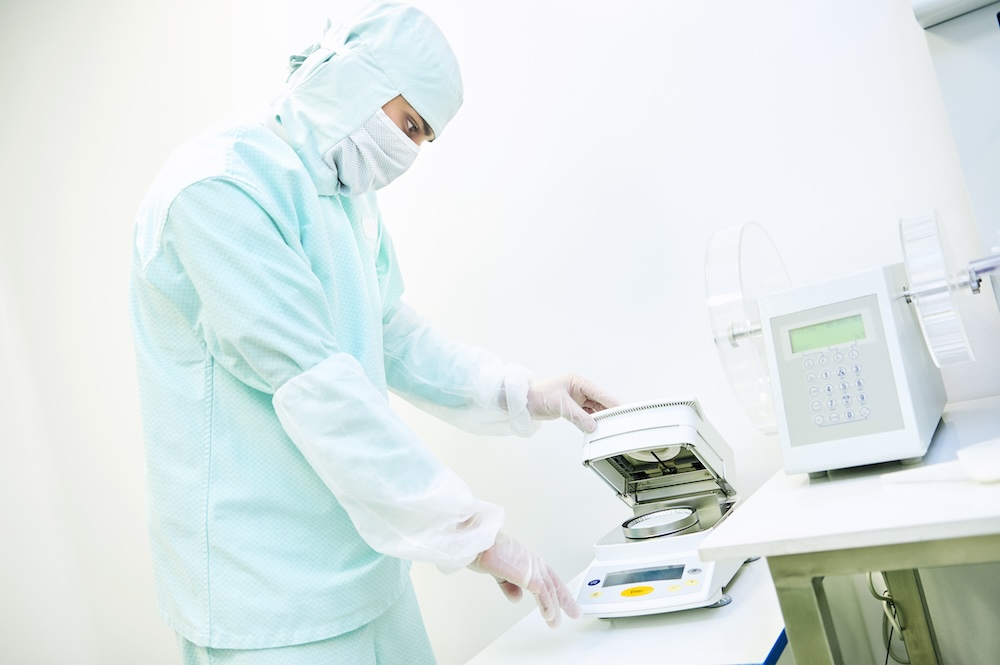
All medicine administered to patients must first be formulated. It’s not possible to provide pure active pharmaceutical ingredients (API) to patients as treatment. The drug must first be formulated into a stable, manufacturable dosage form which releases the correct dose of active ingredient at a precise site of action to be of efficacy. All while […]

